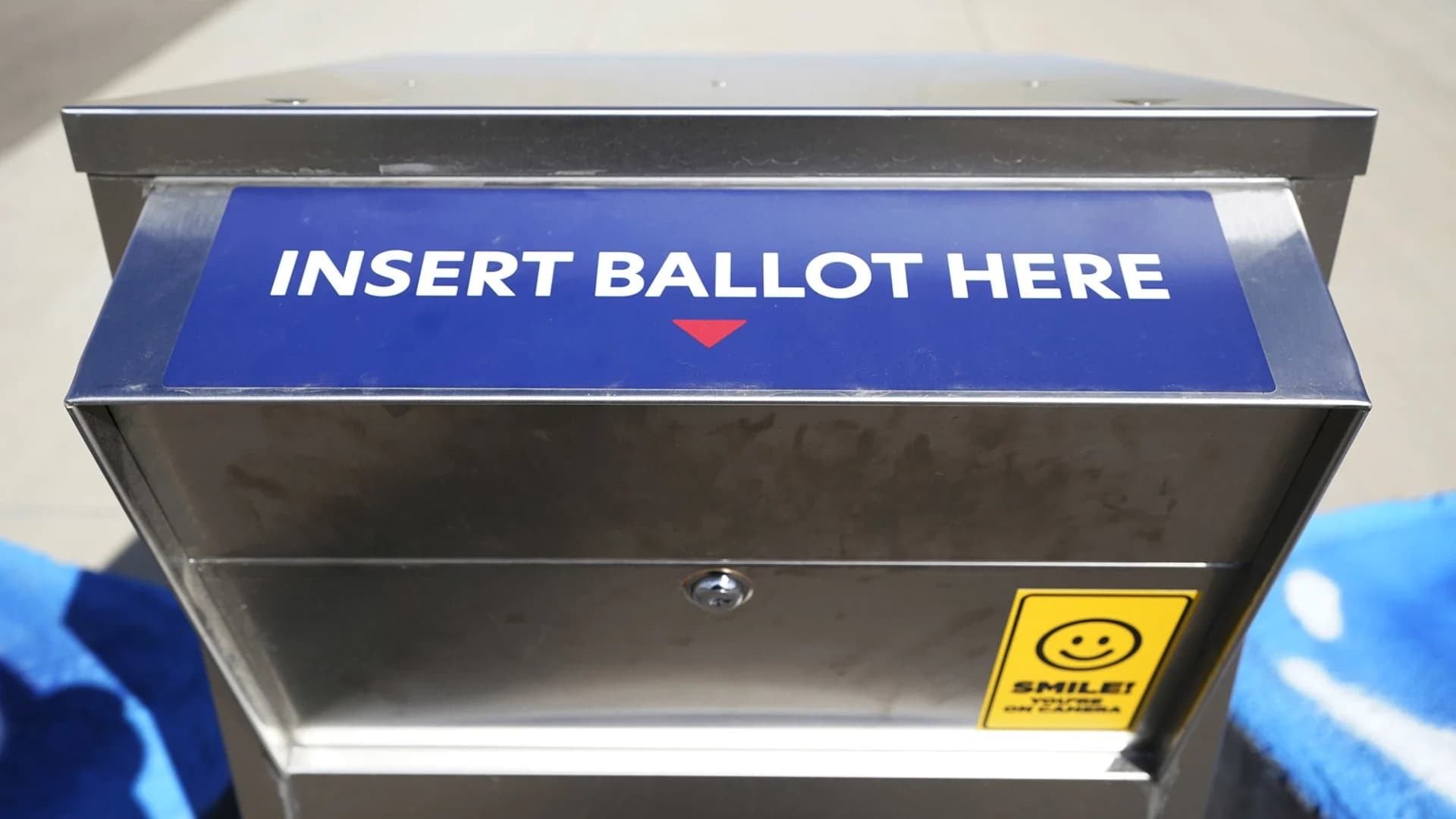More Stories

A shift to mail voting is increasing the chances that Americans will not know the winner of the 2020 presidential race on election night, Nov. 3. But that doesn’t mean the results will be flawed or fraudulent.
President Donald Trump has repeatedly raised unsubstantiated fears of fraud involving mail-in voting, which is expected to be more widely used in the November election out of concern for safety given the coronavirus pandemic.
Election officials in some key battleground states have warned that it might take days to count the votes given what they expect will be a surge of ballots sent by mail.
Because processing mail ballots is more laborious than in-person voting, states that haven't updated their laws and systems for the different workload can see delays. But a presidential election hasn’t been left in limbo since 2000, when ballot irregularities in Florida led to weeks of chaos and court fights.
While each state runs its own process, mail ballots can take longer to count. In some states, the ballots can be accepted several days after Election Day, as long as they are postmarked before polls closed.
And while some states count the ballots as they come in, others - notably the critical battlegrounds of Wisconsin and Pennsylvania - have laws that forbid processing mail ballots until Election Day, guaranteeing the count will extend well past that night.
More from News 12
0:23

Bronx man charged with murder for fatally stabbing man in unprovoked attack in Melrose
1:48

Chilly and breezy Wednesday in The Bronx; slow-moving storm to bring rain this weekend
1:07

7 NYC hospitals reach tentative agreements with nurses, rescinding strike notices
2:41

Massive fire rips through home on Morris Avenue
0:44

Mamdani appoints Christine Clarke as chair of City Commission on Human Rights
0:15
